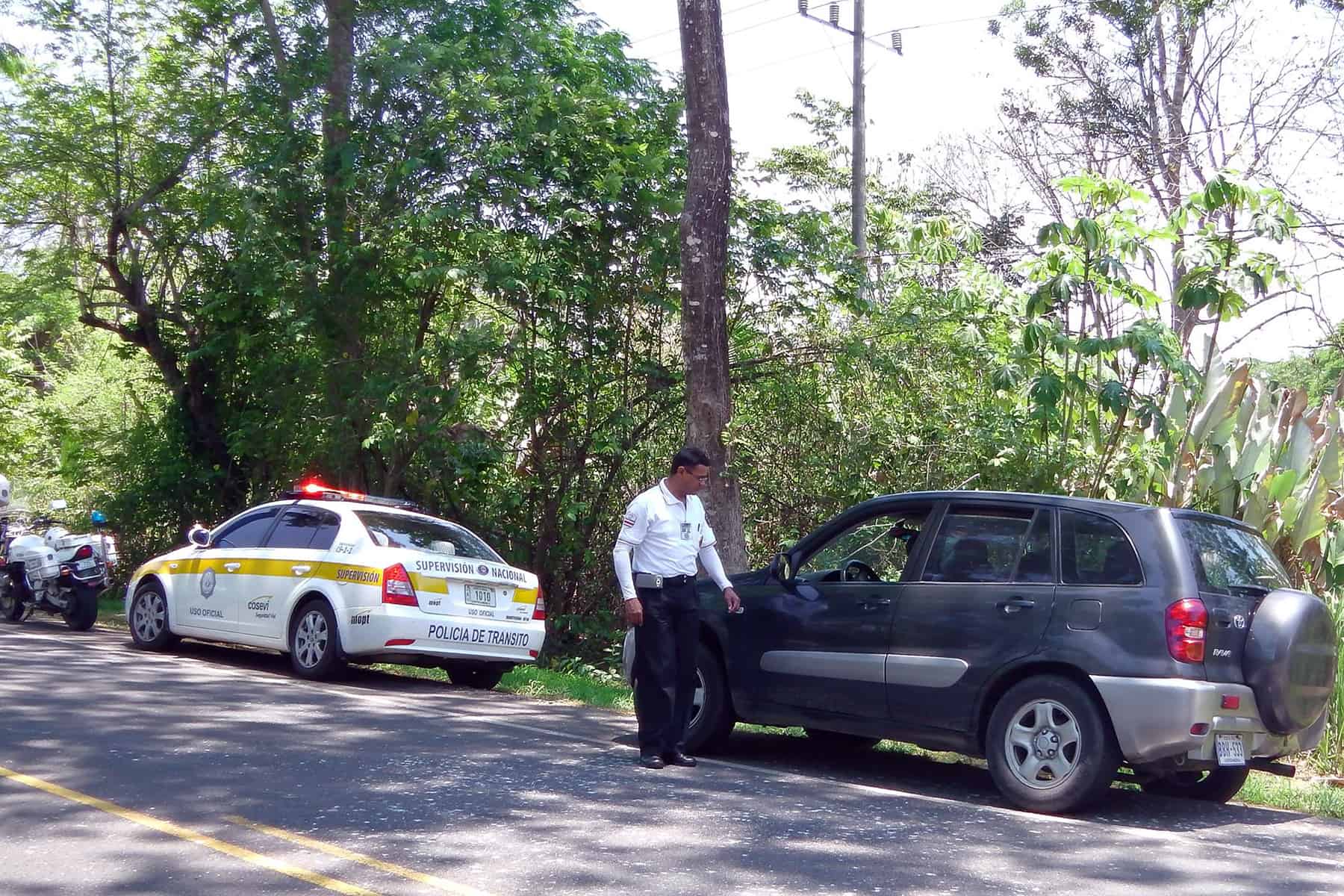The restriction that prohibits vehicles from entering downtown San José on certain days will be temporarily suspended starting Monday, as Costa Rican students begin their mid-year school vacations.
Traffic Police Director Mario Calderón said the suspension will apply from July 6 to 17, as traffic in Costa Rica’s capital decreases significantly during the vacation period.
The measure will also allow for Traffic Police officers who regularly monitor the capital roads to be assigned to highways that lead to popular tourist destinations outside the Central Valley.
For the duration of the two-week vacation period, Traffic Police will maintain 15 roadway checkpoints throughout the country and will designate a total of 744 officers, 152 police cars and 217 motorcycles for surveillance efforts. They will also assign 57 tow trucks to remove confiscated and broken-down cars from the roads.
Officers during last year’s vacations issued a total of 6,535 traffic fines, most of them to drivers caught speeding, driving under the influence, using a phone while driving or not wearing a seat belt. A total of 435 motorists were caught driving without a permit and 82 were charged with driving under the influence, according to Traffic Police records.
Last year 14 people died in road accidents during the two-week holiday period. “Five of them were motorcyclists, four were passengers in a car, three were pedestrians, one was a driver and another was a cyclist,” Calderón explained.
Police surveillance operations
Starting Saturday, the Public Security Ministry will also set up checkpoints along many national roads. National Police officers will conduct inspections on buses and provide safety information to tourists in the most visited locations of the coastal provinces of Guanacaste, Limón and Puntarenas.
National Police, Tourist Police, and Air Surveillance Service officers will all contribute to the surveillance operations.
Tourist Police Director Luis Chavarría recommends that vacationers exercise extreme caution, remain vigilant of their belongings and specifically avoid leaving valuables or cash inside their vehicles.
“Theft is the most common crime against tourists in this period and it mostly occurs because they leave valuable items in plain view, usually inside their cars,” Chavarría said.
He also recommends keeping a close watch on children and seeking information about ocean currents when visiting the beach.






